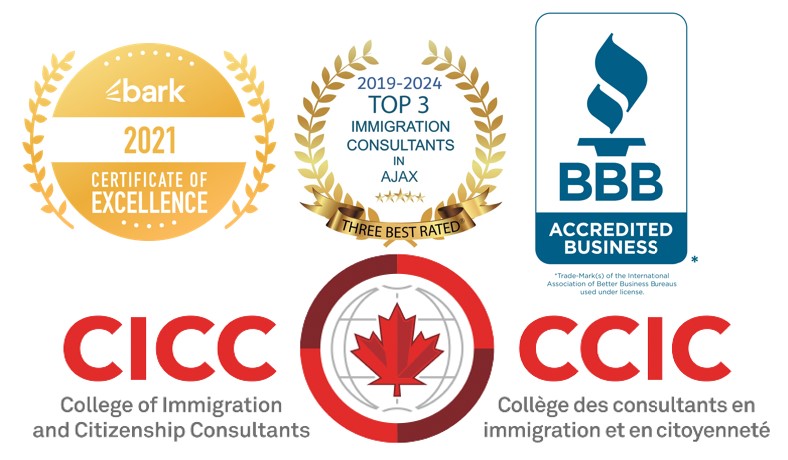Ottawa reveals plan to welcome 500,000 immigrants per year by 2025
The Canadian Press ·
The federal government is planning a massive increase in the number of immigrants entering Canada, with a goal of bringing in 500,000 people in 2025.
Immigration Minister Sean Fraser revealed the new targets Tuesday, saying the move is necessary to ensure Canada’s economic prosperity.
The announcement signals a significant increase from the 405,000 immigrants that came to Canada last year and the 465,000 expected to arrive next year.
Canadian industries are facing a significant labour shortage. About one million jobs are vacant across the country.
The new plan puts an emphasis on increasing the number of immigrants who will be admitted based on their work skills or experience over the next three years.
This news comes after new census figures released last month revealed that immigrants and permanent residents now account for 23 per cent of the population — an all-time high.
Statistics Canada said that recent immigrants — those who arrived between 2016 and 2021 — are younger on average than the rest of the Canadian population and have been critical to filling many jobs in the Canadian labour market.
From 2016 to 2021, immigrants accounted for four-fifths of Canada’s labour force growth. A large share of recent immigrants were selected for their ability to contribute to Canada’s economy.
More than half of recent immigrants — 748,120 of the 1.3 million admitted to Canada between 2016 and 2021 — entered Canada under the economic category.
The labour shortage
The Business Council of Canada (BCC) welcomed the federal government’s announcement, saying that employers across the country are struggling to fill jobs.
The BCC said in a media statement that it wants to see the number of immigrants admitted under the economic category increase from just over half to 65 per cent of the total.
“Every job that is not filled represents one less person contributing to Canada’s economic growth and one less person paying taxes to support Canada’s social infrastructure,” said BCC president and CEO Goldy Hyder in a media statement.
Immigration, Refugees and Citizenship Canada said it will fall short of the BCC’s request as it sets its target for economic immigrants at 60 per cent of the annual total by 2025.
The BCC says that a recent survey of its members found that 67 per cent of its members had cancelled or delayed major projects because they could not find workers. The group also said that 30 per cent of members reported that they were forced to relocate work outside of Canada.
Family reunification and refugees
Ottawa is planning a more moderate increase in the number of family reunification immigrants, from about 106,000 in 2023 to about 118,000 in 2025.
The federal government also said that it will moderately decrease the number of refugees coming to Canada from more than 76,000 in 2023 to just under 73,000 in 2025.
Despite that decrease, the United Nations High Commissioner for Refugees (UNHCR) welcomed the federal government’s announcement, saying it applauds “Canada’s leadership on refugee resettlement.”
“The United Nations Refugee Agency welcomes Canada’s continued commitment to refugee resettlement as part of its overall immigration growth plan,” Rema Jamous Imseis, the UNHCR representative in Canada, said in a media statement.
“Refugees need life-saving solutions like resettlement, and they also make important contributions to Canada’s economy and the fabric of our communities.”




